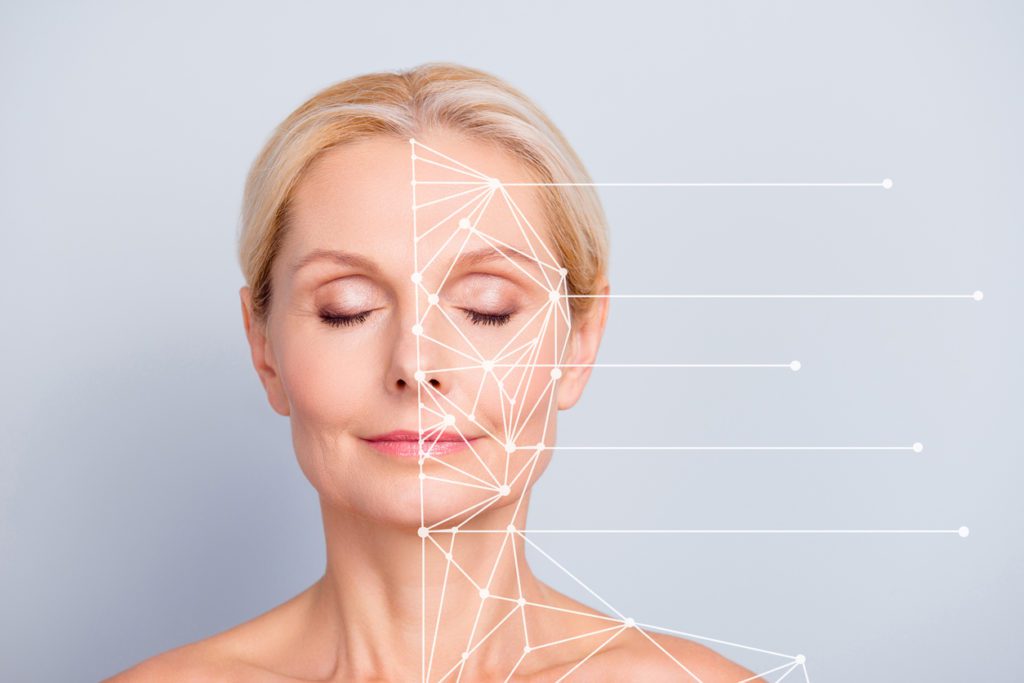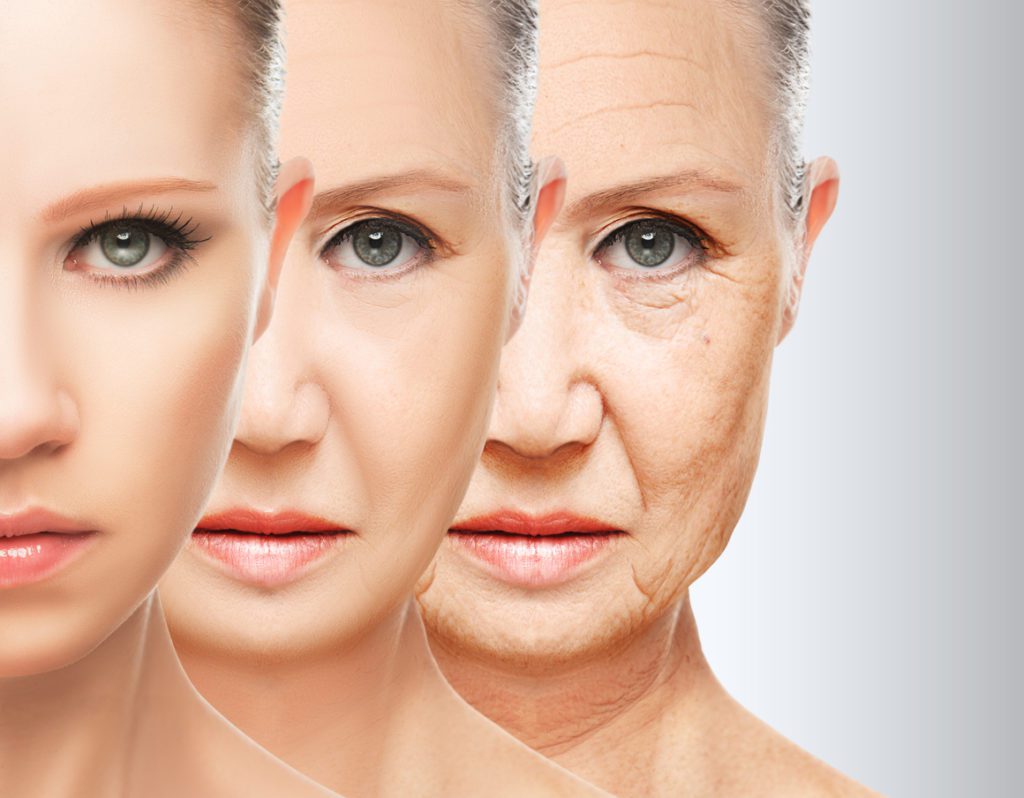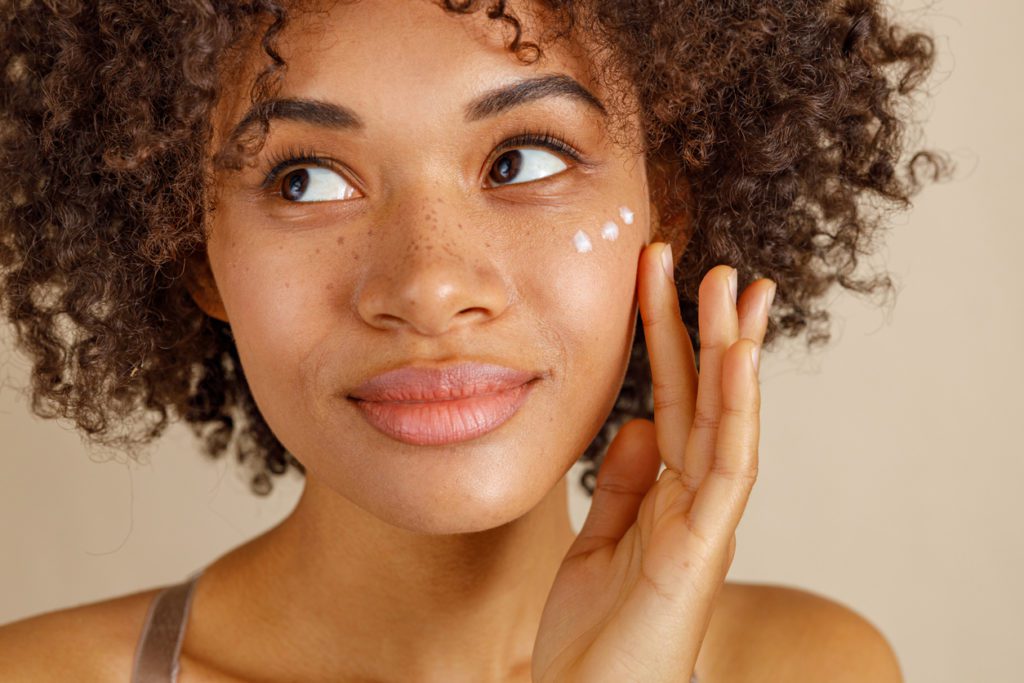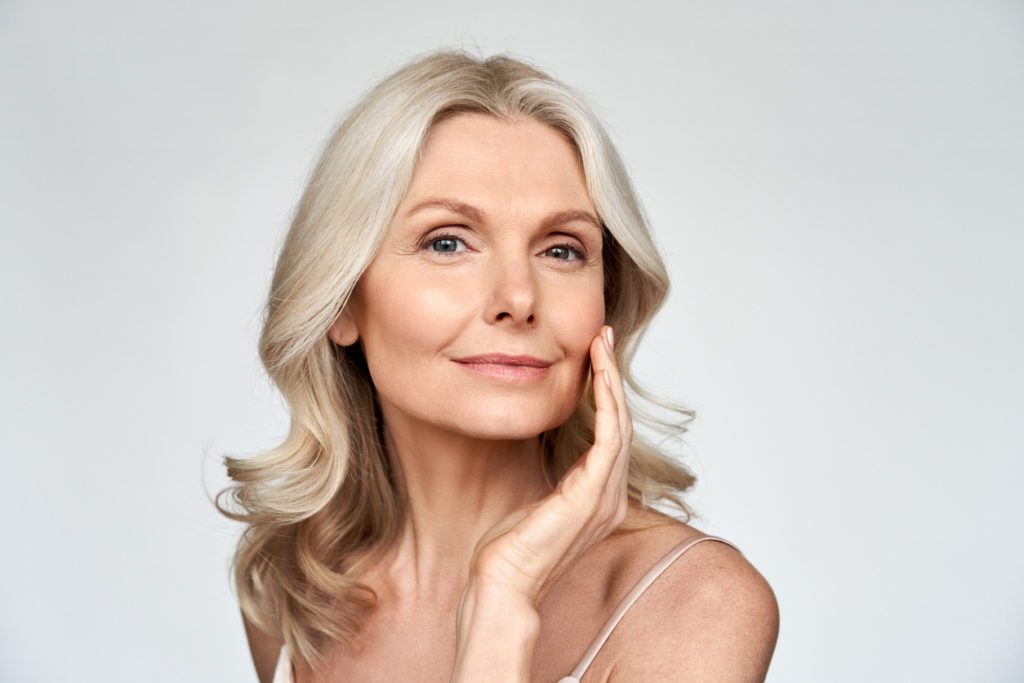Our Clinic in Guernsey
Albert House
South Esplanade
St. Peter Port
Guernsey
GY1 1AW
Tel: 01481 736699
Fax: 01481 736688
View on Map
If you require further information about any of our treatments, our medical team, or availability of appointments, please do not hesitate to contact us by telephone, email or simply by filling out the contact form.
Albert House
South Esplanade
St. Peter Port
Guernsey
GY1 1AW
Tel: 01481 736699
Fax: 01481 736688
View on Map
Operating across the Channel Islands and in the UK, the Aesthetic Skin Clinic (ASC) is a trusted, leading name within the medical aesthetic industry. Our cosmetic clinics are located in Jersey and Guernsey, as well as Belfast, Northern Ireland.
Albert House
South Esplanade
St. Peter Port
Guernsey
GY1 1AW
Tel: 01481 736699
Fax: 01481 736688
View on Map
Find out more

As leading providers of skincare treatments in Jersey, Guernsey, and Northern Ireland, we have had the opportunity to treat many patients for their skin concerns.
One of the most common reasons patients contact us for help is to reverse the visible signs of ageing, such as wrinkles. While they are part of the natural ageing process, sagging skin and fine lines can cause a lot of insecurity in a person and reversing these side effects of ageing can have a long list of positive effects on someone.
So today, we’re exploring more about this by taking an in-depth look into collagen and oestrogen, which both play vital roles in the skin’s appearance as it ages.
Collagen is a protein found in the human body and is the main component of connective tissues such as skin, bones, cartilage, and tendons. It is responsible for providing strength and support to the skin, bones, and muscles and maintaining their elasticity and flexibility. It makes up a significant proportion of the body’s protein and is vital in maintaining the structural integrity of tissues and organs.
Collagen can be sourced from a variety of different sources, including bovine (cow), porcine (pig), and marine (fish) sources, and is often found in supplements and skincare products. This is because it plays a crucial role in skin health and appearance, providing structure and support and giving skin its smoothness and elasticity.

Oestrogen is a hormone typically associated with female health and development despite being present in both male and female bodies. In terms of the skin, it plays an essential role in maintaining its health and appearance as it helps to promote the production of collagen and elastin in the skin, two critical components of the extracellular matrix that give the skin its elasticity and firmness. As a result, oestrogen levels that decline during menopause can decrease collagen and elastin production, resulting in thinner, more wrinkled skin.
Collagen and oestrogen are linked in several ways, particularly in their roles in maintaining healthy skin. For example, oestrogen has been proven to stimulate the production of collagen, a protein that provides strength and support to the skin, as well as other connective tissues in the body. As mentioned, this means that during menopause, when oestrogen levels decline, most women see the visual signs of ageing, such as fine lines and wrinkles on the skin.
Oestrogen also helps to regulate the enzymes that break down collagen, so when oestrogen levels decline, the enzymes that break down collagen can become more active, leading to a faster breakdown of collagen in the skin. Again, this results in thinner and more wrinkled skin, two common visual signs of ageing.
Overall, collagen and oestrogen play important roles in maintaining healthy skin, and their levels in the body are closely linked. Hormone therapy or collagen supplements may help balance these levels in individuals experiencing hormonal imbalances that affect their skin health. Alternatively, many women look at going through with treatments from a cosmetic skin clinic such as ourselves or using professional skincare products to help smooth out the skin.

As we age, collagen production naturally declines, leading to a loss of skin elasticity, joint flexibility, and bone strength. This can result in wrinkles, sagging skin, joint pain, and a higher risk of bone fractures. In addition, environmental factors such as sun exposure, smoking, and poor diet can also accelerate the breakdown of collagen. On the other hand, oestrogen is (as mentioned) a hormone primarily produced in the ovaries in women and smaller amounts in men. It plays a critical role in regulating the menstrual cycle and reproductive function, as well as maintaining bone density, skin health, and cognitive function. As women age, their oestrogen levels naturally decline as they approach menopause, resulting in various physical and emotional symptoms. Low oestrogen levels can also increase the risk of osteoporosis, a condition in which the bones become weak and brittle, leading to a higher risk of fractures.
In men, testosterone levels gradually decline with age, which can also lead to a decrease in oestrogen levels. This can result in similar symptoms and health risks as women, such as decreased bone density and muscle mass.
Low collagen and oestrogen levels can have several concerns for both men and women. Here are some of the key concerns:

It’s important to note that the effects of low collagen or oestrogen levels can vary depending on the individual and the specific cause of the deficiency. If you’re experiencing any of these symptoms, talking to your healthcare provider is crucial.
Additionally, the team here at ASC can assist with the last point and help you reverse the visible signs of ageing. We have various professional skin treatments focused on improving the skin’s elasticity and giving you that smoother, firmer overall look. Our skin tightening in Jersey, Guernsey, and Belfast covers a range of treatments, including:
It’s important that you choose the right procedure for you and your skin. Whether you want to stick to non-surgical treatments or you’d prefer instant results and want to opt for surgery, the team at Aesthetic Skin Clinic can help.
Please get in touch to learn more about the skin treatments available for boosting collagen and improving skin firmness and elasticity, and get started on your journey to tighter, more youthful-looking skin.
No Related Articles Found




